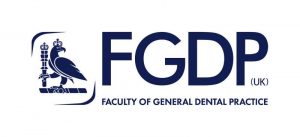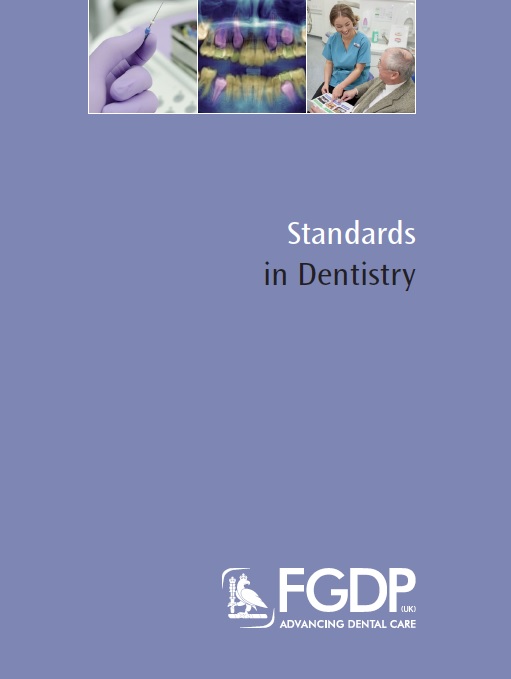

National dental organisations have joined forces to agree guidance for UK general dental practices on returning to work as the coronavirus pandemic eases.
The COVID-19 Future Planning Task Group, convened by the Faculty of General Dental Practice UK and College of General Dentistry, brings together senior members of a number of organisations, including the British Dental Association, the Faculty of Dental Surgery of the Royal College of Surgeons of England, the Faculty of Dental Surgery of the Royal College of Physicians and Surgeons of Glasgow, the Association of Dental Implantology and the newly-formed British Association of Private Dentistry.
Dental care professionals are represented to ensure all members of the dental team are able to contribute to this vital piece of work, and the Task Group includes patient representation as well as significant professional experience and expertise in a range of areas. These include infection prevention and control, practice management and emergency medicine during the COVID-19 pandemic, and further individuals and organisations will be added or consulted over the coming weeks.
Minimising the risk of COVID-19 transmission within and outwith general dental practices as a result of re-opening will bring significant implications for patient care and practice management. The group aims to support and enable a return to practice as soon as it is safe to do so, focussing on key areas to address, identifying or developing practical solutions, and feeding into national planning.
It is highly likely that the measures necessary to safely resume general dental practice will carry substantial financial implications, which will have a profound impact on both NHS and private practices. The increased burden on the NHS will be considerable, and it is clear that the safe treatment of the oral health needs of much of the population will only be possible with significant additional public funding.
The general dental profession has already returned to work in many countries, and the group will draw upon the research, advice and resources already published around the world, as well as those within the UK, adapting and adding to them as necessary to create guidance which is relevant and applicable to primary dental care throughout England, Scotland, Wales and Northern Ireland as soon as possible.


